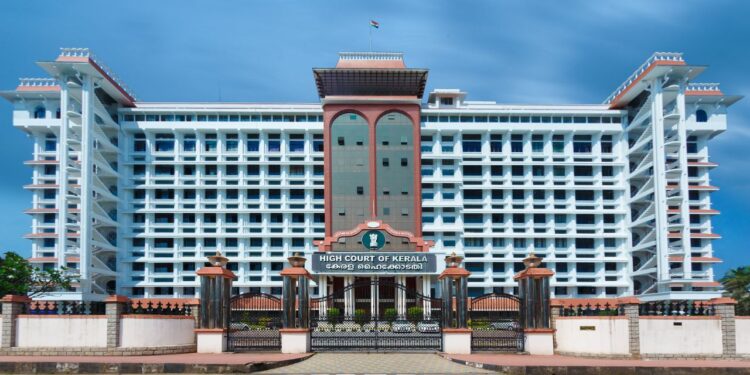The Kerala High Court recently ruled that attempt to murder cases can be quashed in specific circumstances where a settlement has been reached between the accused and the victim, provided the evidence does not strongly substantiate the offense [Arshad v. State of Kerala & Anr.].
Attempt to murder, punishable under Section 307 of the IPC (now Section 109 of the Bharatiya Nyaya Sanhita, 2023), is categorized as a non-compoundable offense, meaning it cannot generally be withdrawn due to a compromise. However, Justice A. Badharudeen highlighted that courts could exercise discretion to quash such cases in line with principles laid down by the Supreme Court in the State of Madhya Pradesh v. Laxmi Narayan & Ors.
The Court stressed that a detailed examination is required before allowing a settlement. Factors such as the nature of injuries, the body parts affected, and the weapons used should be assessed. If these suggest the likelihood of proving the charge of an attempt to murder, courts should not accept settlements. Conversely, if prima facie evidence does not substantiate the charge, the court may permit compounding based on mutual agreement between the parties.
The ruling came in a case involving Arshad, who was accused of stabbing a woman with whom he was in a relationship after their relationship soured. Arshad allegedly stabbed her shoulder while uttering, “I will kill you.” He was charged under various IPC sections, including Section 307. The petitioner sought to quash the case, claiming an amicable settlement had been reached, which the woman confirmed before the Court.
The Court noted that the injuries reported in medical records did not affect any vital areas and found no substantive evidence of an attempt to murder. It concluded that the charge under Section 307 was not prima facie justified and allowed the plea to quash the case.
Justice Badharudeen emphasized that courts must ensure settlements are voluntary and do not trivialize the seriousness of the offense. He further highlighted that such discretionary powers must be exercised cautiously to prevent misuse while safeguarding victims’ interests.
Advocate K. Reeha Khader represented the petitioner, while Advocate N. Jishine Babu appeared for the complainant. Senior Public Prosecutor Renjith George represented the State.

















